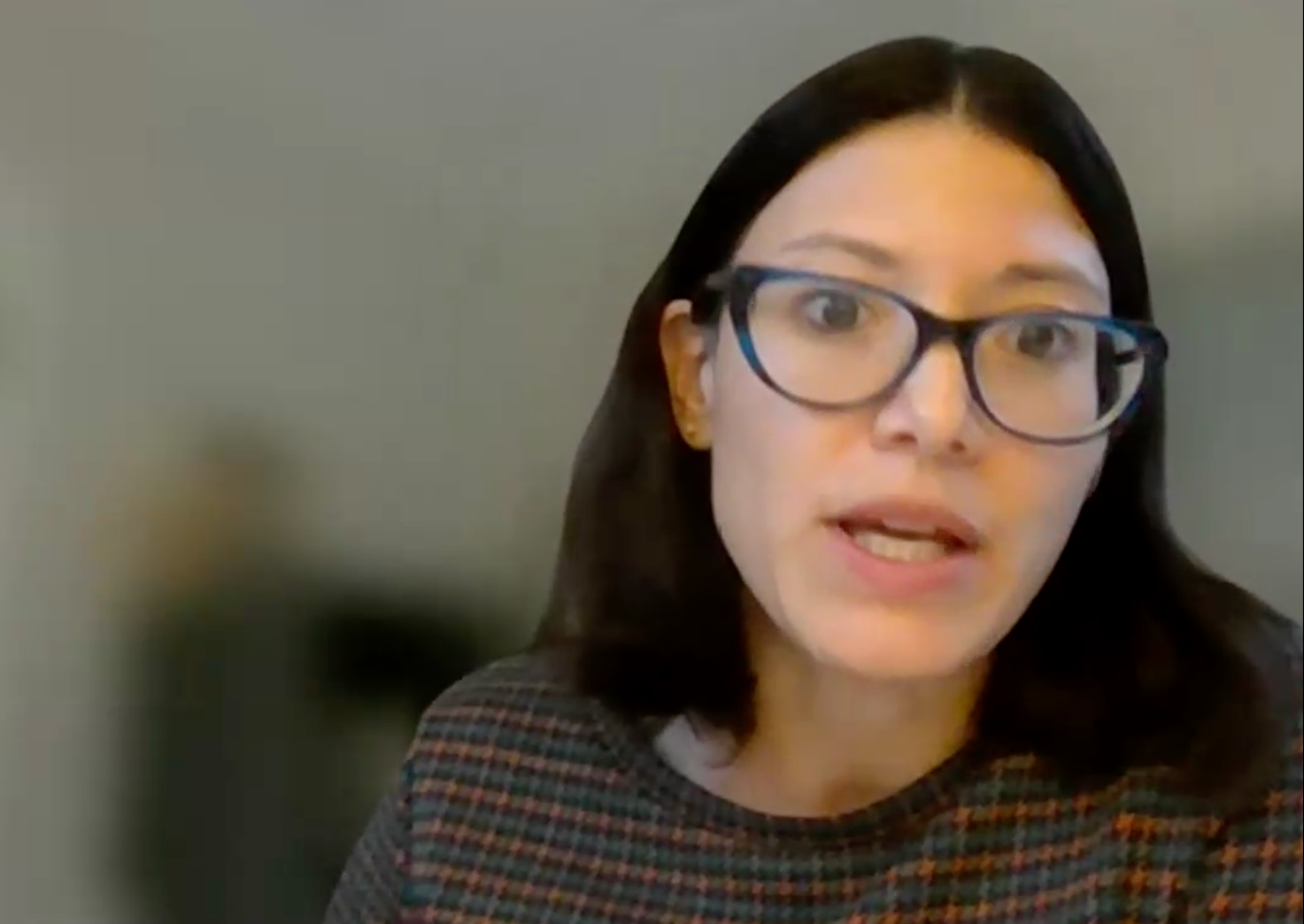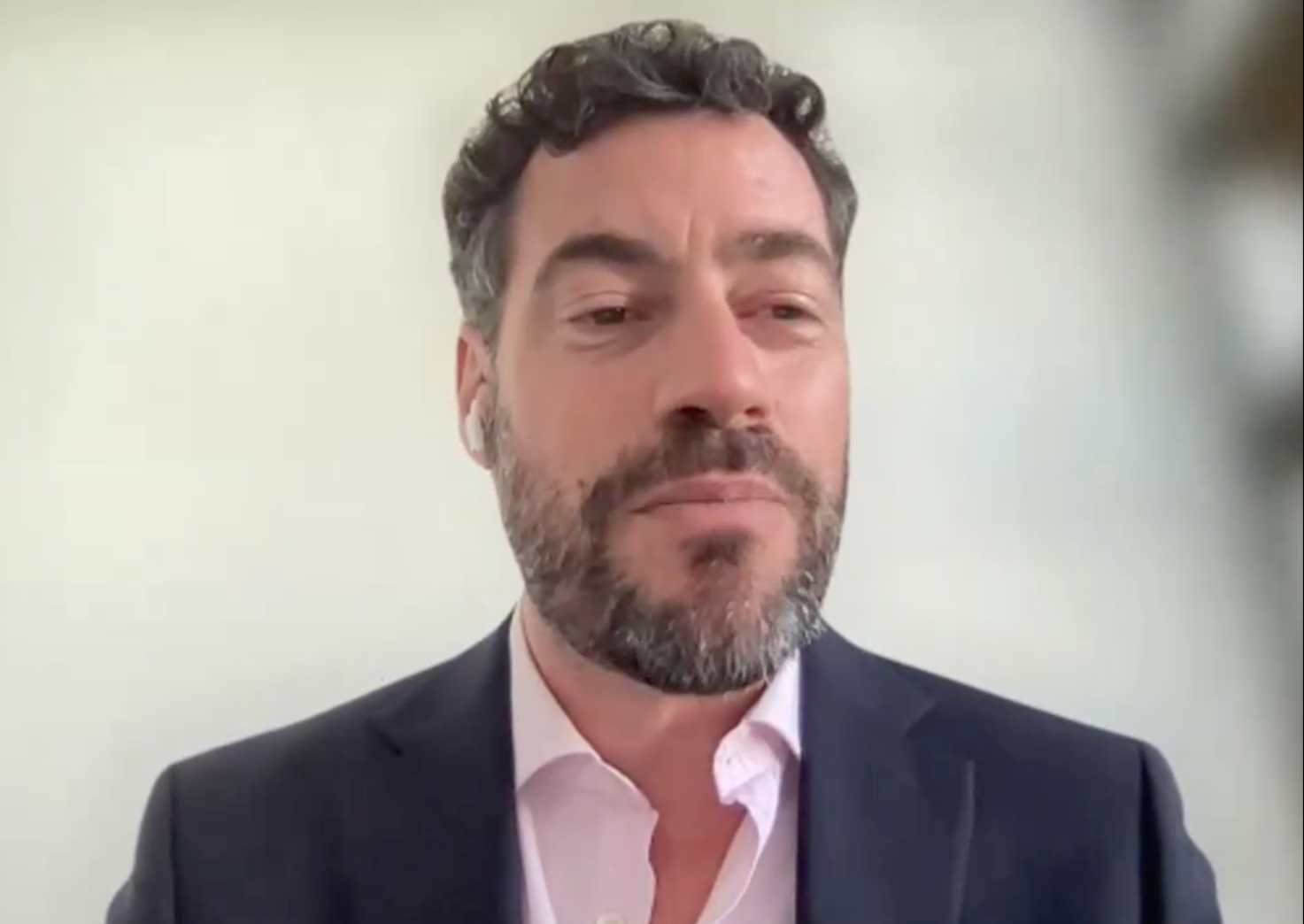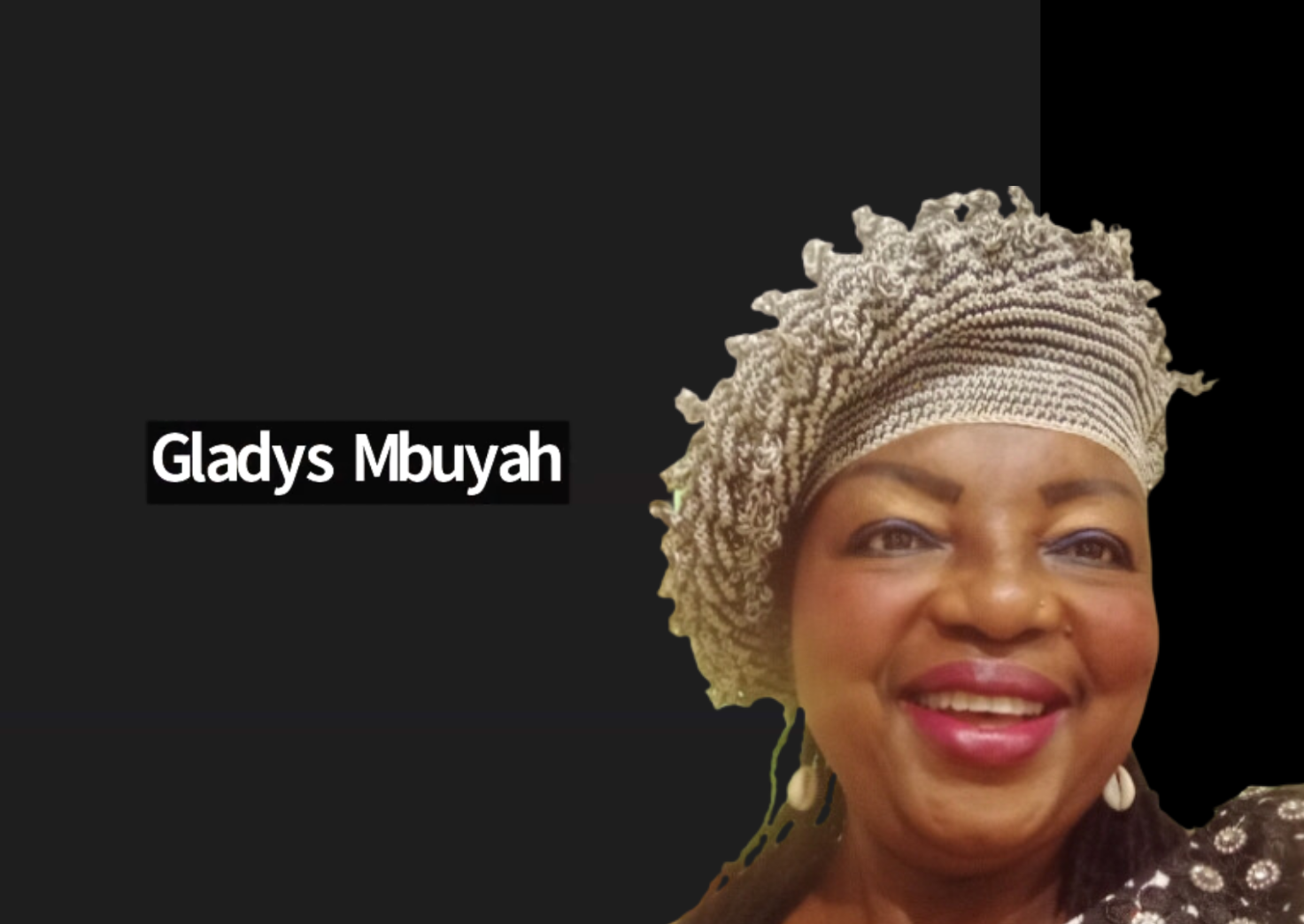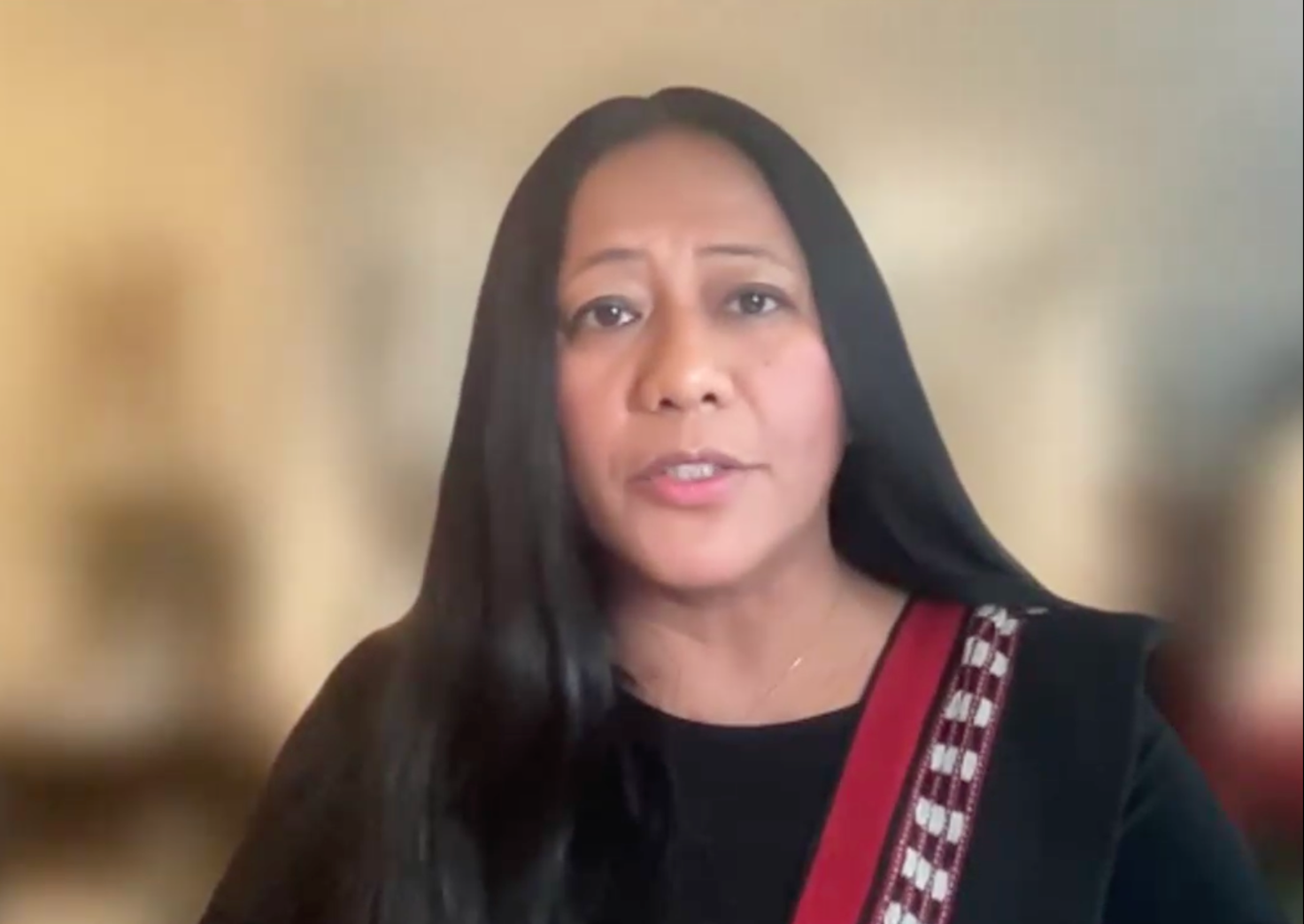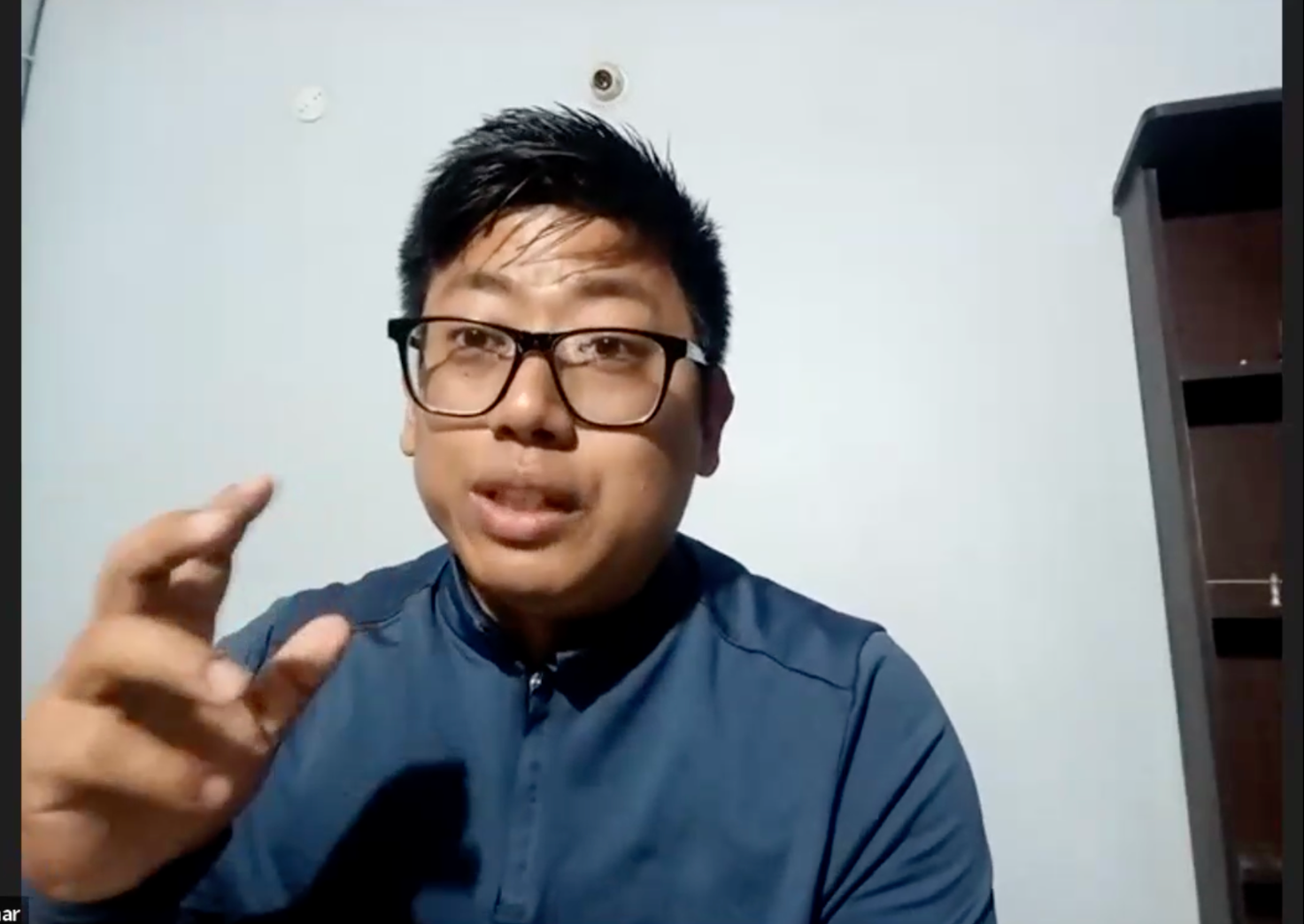Strengthening the Inclusion of Traditional and Indigenous Peoples in Peacebuilding Efforts
Inclusivity | December 2024
On Tuesday, December 10, the Peacemakers Network hosted its fourth and final Inclusivity-based Community of Practice meeting of 2024, “Strengthening the Inclusion of Traditional and Indigenous Peoples in Peacebuilding Efforts.”
Starting the session
The Peacemakers Network’s Senior Specialist on Inclusive Peace, Jessica Roland, began the meeting by welcoming the 104 participants and providing an overview of the agenda. The discussion then turned to three guest speakers who discussed United Nations (UN) engagement and opportunities in advancing the leadership of traditional and Indigenous peacebuilders.
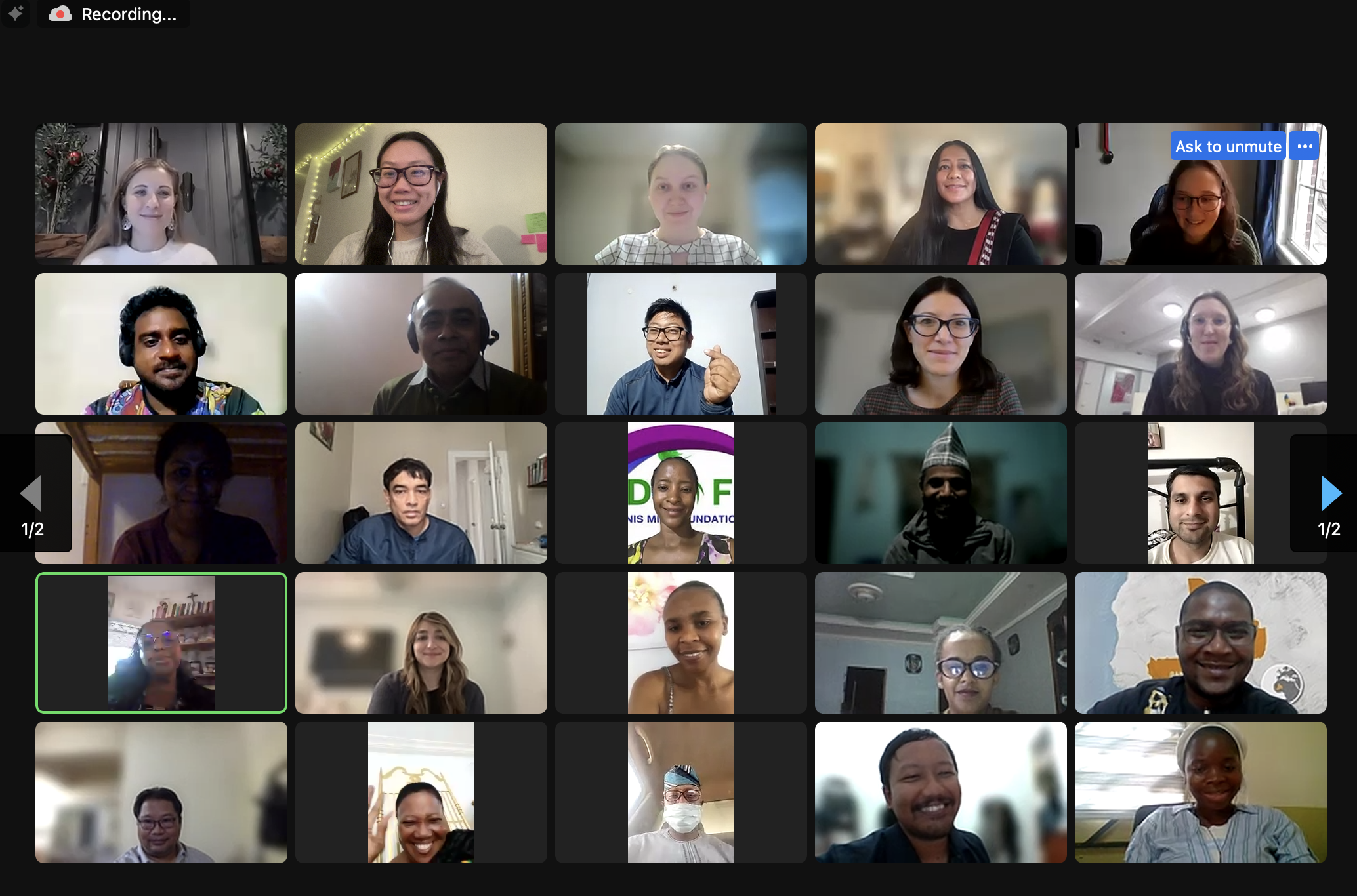
Zoom group photo of the Inclusivity Community of Practice meeting, ‘Strengthening the Inclusion of Traditional and Indigenous Peoples in Peacebuilding Efforts’. 2024.
The first guest speaker was Political Affairs Officer for the UN Office of the Special Advisor on the Prevention of Genocide (UNOSAPG), Simona Cruciani, who spoke about the strong collaboration between UNOSAPG and the Peacemakers Network, highlighting the upcoming launch of the UN Plan of Action to Prevent Atrocity Crimes for Traditional and Indigenous Leaders. Cruciani spoke about how,
“traditional leaders hold credibility and legitimacy within their community; they have unique connections within their community based on respect and trust,”
making them essential partners in engaging local actors and developing comprehensive strategies to prevent violence. Cruciani outlined essential pillars for future focus, emphasizing the importance of enhancing preventive measures in collaboration with traditional leaders. She highlighted the need for strategic dialogue both within and between communities, stressing that “it’s important we join hands.” Additionally, Cruciani underscored the significant role of female leaders of traditional and Indigenous Peoples in creating and executing the action plans.
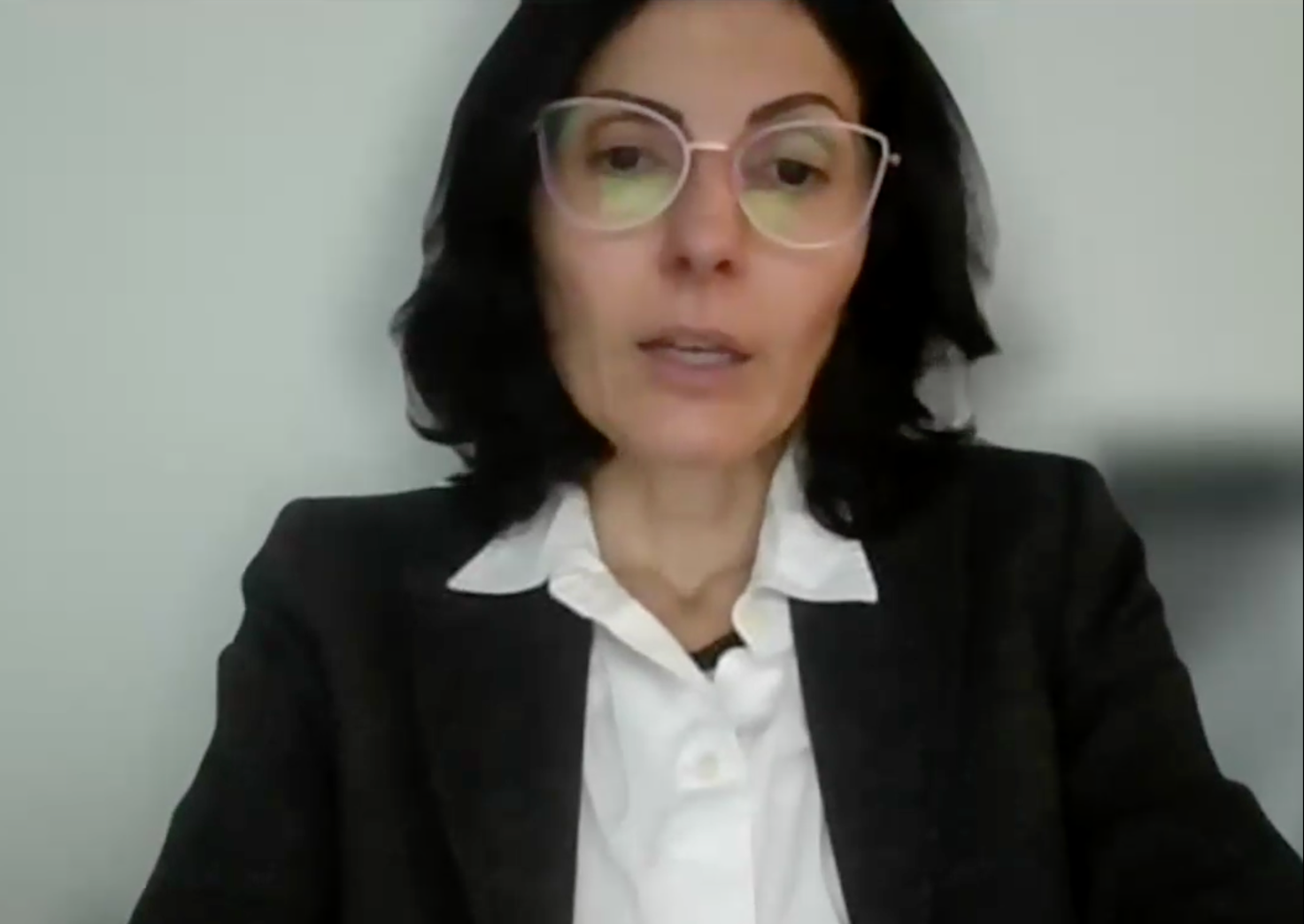
Simona Cruciani, Political Affairs Officer for the UN Office of the Special Advisor on the Prevention of Genocide (UNOSAPG). 2024.
The second guest speaker was Fiorella Triscritti, Political Affairs Officer at the UN Department of Political and Peacebuilding Affairs (UNDPPA). Triscritti presented the UNDPPA’s mandate to prevent and resolve conflicts worldwide and emphasized that cooperation with traditional and Indigenous leaders is crucial for successful peacebuilding efforts. She highlighted the importance of collaboration among the leaders of Indigenous Peoples, stating that the UNDPPA is focused on “being more inclusive, meaning we want to reshape how we do things, including the Indigenous perspective.”
The third guest presenter, Bautista Logioco, Senior Peacebuilding Consultant at the UNDPPA, addressed the pressing issue of Indigenous Peoples’ rights during his presentation. He underscored the significance of the Climate, Peace and Security agenda, noting that a “lack of secure access to and ownership of natural resources…can deepen tensions over land and power between Indigenous Peoples’ communities, the states, the private sector, and other groups.” Logioco highlighted the challenges that Indigenous youth and women face in civic participation and shared a successful project in Guatemala that trained nearly 600 Indigenous leaders across ten communities aiming to empower them in conflict resolution. He also underscored the importance of localized initiatives to empower Indigenous youth in local planning processes, particularly in key areas such as conflict prevention and peacebuilding.
[From left to right or top to bottom] Fiorella Triscitti, Political Affairs Officer at the UN Department of Political and Peacebuilding Affairs (UNDPPA); Bautista Logioco, Senior Peacebuilding Consultant at UNDPPA. 2024.
Partnering to advance sustainable and inclusive peacebuilding efforts
The discussion then shifted to a panel featuring traditional and Indigenous Peoples, exploring how these communities can partner to advance sustainable and inclusive peacebuilding efforts.
The panel consisted of speakers: Queen Gladys Mbuyah, President of International Federation of Women Lawyers (FIDA) in Cameroon; Binalakshmi Nepram, Founder-Director of Manipur Women Gun Survivors Network and Convenor of Global Alliance of Indigenous Peoples, Gender Justice, and Peace; and Tongpang Longchar, Volunteer for Initiatives of Change India.
Queen Gladys Mbuyah began the conversation by emphasizing the need to enhance the inclusion of traditional actors, highlighting the long history of Africa traditional institutions that, “upholds the values of peace, tolerance, solidarity, and respect for one another.” She stressed the importance of utilizing their knowledge for conflict prevention, noting how traditional institutions address disputes inclusively, thereby fostering a sense of belonging in the resolition process. This approach not only enhances support for implemented sanctions but also emphasizes restoring relationships and finding solutions amendable to all parties. Mbuyah further underscored the significance of a shared belief in common principles in efforts to prevent atrocity crimes, while calling for greater representation of women and youth in traditional leadership structures.
Binalakshmi Nepram then spoke about her experience working with Indigenous Peoples and their crucial role in peacebuilding. She asserted
“if peacebuilding has failed in the last several decades, it is because Indigenous people were not included.”
Nepram highlighted that, during a time of unprecendented conflict, “80% of the world’s conflicts are occuring in biodiversity hotspots where Indigenous people live.” She noted that the lack of recognition for Indigenous groups is intentionally limiting their participation at both local and global levels. Nepram emphasized that this erasure is happening to Indigenous Peoples’ communities worldwide, and she stressed the importance of enhancing their inclusion in critical processes. She presented this inclusion as an opportunity for unity rather than separation.
[From left to right or top to bottom] Queen Gladys Mbuyah, President of International Federation of Women Lawyers (FIDA) Cameroon; Binalakshmi Nepram, Founder-Director of Manipur Women Gun Survivors Network and Convenor of Global Alliance of Indigenous Peoples, Gender Justice, and Peace; and Tongpang Longchar, Volunteer for Initiatives of Change India. 2024.
Finally, Tongpang Longchair focused on his work with Indigenous youth, highlighting the intricate systems within Indigenous communities and the importance of understanding the specific culture of each village, as he noted, “each village is like a country.” Longchar identified several challenges, including the lack of representation for women and young people within Indigenous systems. He stressed the necessity for dialogue not only between Indigenous and non-Indigenous communities themselves. Longchar emphasized that these conversations should be intergenerational, as young people continue to influence religious and traditional practices.
The discussion then progressed into breakout groups, allowing participants to share their experiences and best practices for engaging with traditional and Indigenous Peoples in peacebuilding processed. Participants also explored ways for those in the broader peacebuilding space to be more mindful of local contexts when working with traditional and Indigenous communities. Based on these group discussions, below are further strategies and recommendations to enhance the inclusion of traditional and Indigenous Peoples in peacebuilding efforts. Missed the meeting? Click here to view the recording.
Follow the Peacemakers Network on social

